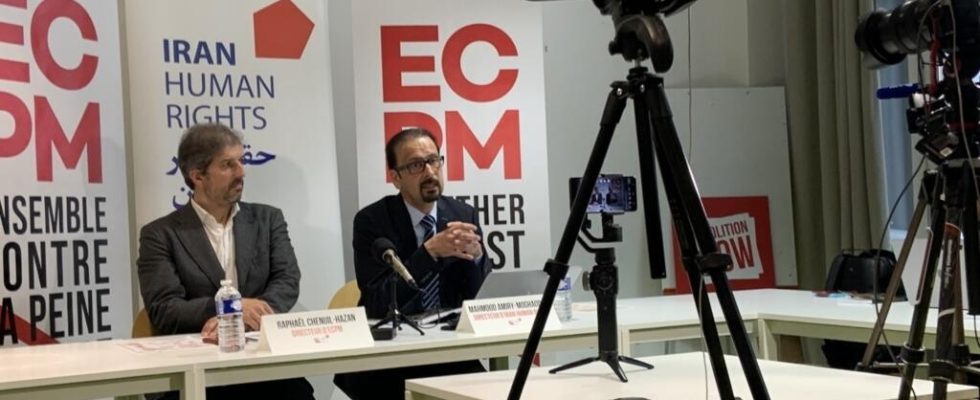Four questions to Mahmood Amiry Moghaddam, of the organization IHR
RFI: What is the typical profile of people executed in Iran?
In our report, 93% of executions are related to convictions for murder or drug trafficking. If one examines in detail, one finds that those executed belong mainly to marginalized groups in society.
When it comes to drug trafficking, about half of them, in addition to being very poor, also belong to the Baluchi ethnic minority.
The Islamic Republic of Iran does not distinguish between premeditated murder and manslaughter. Maybe it was an accident, but Iranian law makes no distinction. So I would say the victims are marginalized groups in society and cheap victims of this killing machine.
Why use this expression, “killing machine”?
Iran is, after China, the country with the highest number of executions. We must also bear in mind that the Iranian judicial system is not independent. The judiciary is part of the oppressive system, so those sentenced to death in Iran have not had a normal trial, or if they have, have not had due process according to international definitions.
I would even say that almost all executions in Iran are extrajudicial executions. This is why we talk about assassinations.
Can we make a connection between the increase in judicial executions and the demonstrations triggered by the death of Mahsa Amini from September 2022?
We have been following the evolution of the death penalty in Iran for more than fifteen years, and we find that the timing of executions, whatever the charges, is very closely linked to political events in the country.
Iranian authorities have repeatedly admitted that in 43 years of executions they have failed to reduce drug or violence-related crime, nor have they failed to decrease the number of executions. The goal is not to fight crime, but to spread fear.
The death penalty has a very profound impact on people’s minds. When you have an authority that is able to take life and is ready to do so, then the population does not speak. The message is: if you do something we don’t like, we kill you. That’s what they enforce.
Your NGO reports the execution of 16 women in 2022. What charges have been brought against them?
It is in Iran that the most women are executed. This has been the case for ten years, and if you look, most are sentenced to death for killing their husbands. If you go back, you will find stories of domestic violence or prohibition of divorce.
In the Iranian judicial system, a woman’s testimony weighs half that of a man. They therefore have fewer rights. I think this is part of the tragedy we are witnessing in Iran.
